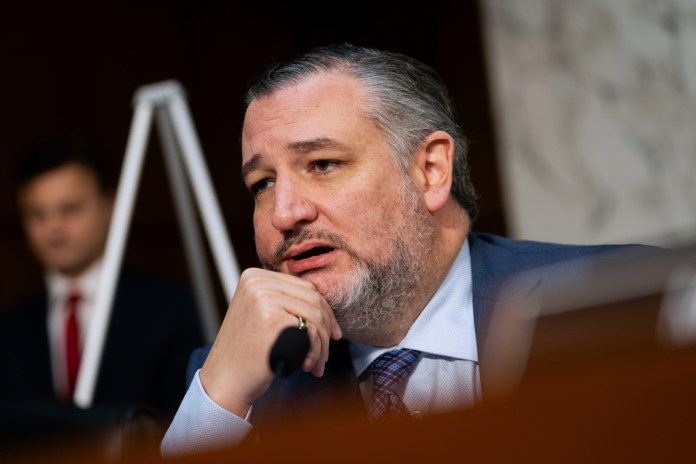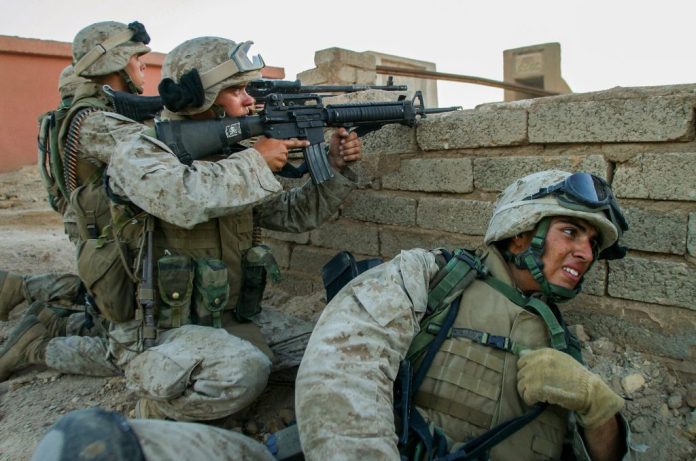US Senate unanimously endorses repeal of 2002 Iraq war resolution
The U.S. Senate has unanimously voted to repeal the 2002 resolution that authorized the Iraq War, marking a meaningful step toward officially closing this chapter of U.S. military involvement in iraq. The resolution, passed over two decades ago, supported the 2003 invasion based on claims that Saddam Hussein possessed weapons of mass destruction-claims later proven false. The repeal, introduced by Senators Tim Kaine and Todd Young and added to the annual defense authorization bill, also aims to return war powers to Congress and prevent future military overreach. The House of Representatives passed a similar measure, making it likely to become law once both chambers reconcile their versions. While the repeal has broad bipartisan support, it remains uncertain whether then-President Donald Trump would sign it, as his administration had cited the 2002 resolution in past military actions. The repeal also cancels the 1991 Gulf War authorization but does not affect the 2001 authorization related to the global war on terror, which remains active. Lawmakers hope this move signals congress’s renewed authority over military engagements and highlights bipartisan cooperation despite political divisions.
US Senate unanimously endorses repeal of 2002 Iraq war resolution
WASHINGTON (AP) — More than two decades later, Congress is on the verge of writing a closing chapter to the war in Iraq.
The Senate voted Thursday to repeal the resolution that authorized the 2003 U.S. invasion, following a House vote last month that would return the basic war power to Congress.
The amendment by Virginia Sen. Tim Kaine, a Democrat, and Indiana Sen. Todd Young, a Republican, was approved by voice vote to an annual defense authorization bill that passed the Senate late Thursday — a unanimous endorsement for ending the war that many now view as a mistake.
Iraqi deaths were estimated in the hundreds of thousands, and nearly 5,000 U.S. troops were killed in the war after President George W. Bush’s administration falsely claimed that then-President Saddam Hussein was stockpiling weapons of mass destruction.
REPUBLICANS ARE PUSHING THESE FIVE DEMOCRATS TO FLIP ON FUNDING BILL
“That’s the way the war ends, not with a bang but a whimper,” Kaine said after the vote, which lasted only a few seconds with no debate and no objections. Still, he said, “America is forever changed by those wars, and the Middle East is too.”
Supporters in both the House and Senate say the repeal is crucial to prevent future abuses and to reinforce that Iraq is now a strategic partner of the United States. The House added a similar amendment to its version of the defense measure in September, meaning the repeal is likely to end up in the final bill once the two chambers reconcile the two pieces of legislation. Both bills also repeal the 1991 authorization that sanctioned the U.S.-led Gulf War.
While Congress appears poised to pass the repeal, it is unclear whether President Donald Trump will support it. During his first term, his administration cited the 2002 Iraq resolution as part of its legal justification for a 2020 U.S. drone strike that killed Iranian Gen. Qassim Soleimani. It has otherwise been rarely used.
Young said after the vote that he thinks Trump should “take great pride” in signing the bill after campaigning on ending so-called “forever wars,” especially because he would be the first president in recent history to legally end a longstanding war.
He said the vote establishes an important precedent.
“Congress is now very clearly asserting that it is our prerogative and our responsibility not only to authorize but also to bring to an end military conflicts,” Young said.
The bipartisan vote, added to the larger bipartisan defense measure, came amid a bitter partisan standoff over a weeklong government shutdown. Young said the quick vote was an “extraordinary moment” that he hopes “will help some people see that we can still do consequential things in the U.S. Congress.”
The Senate also voted to repeal the 2002 resolution two years ago on a 66-30 vote. While some Republicans privately told Kaine that they were still opposed to the measure, none objected to the unanimous vote on the floor Thursday evening.
EVERYONE WHO HAS NOMINATED TRUMP FOR THE NOBEL PEACE PRIZE
A separate 2001 authorization for the global war on terror would remain in place under the bill. While the 2002 and 1991 resolutions are rarely used and focused on just one country, Iraq, the 2001 measure gave President George W. Bush broad authority for the invasion of Afghanistan, approving force “against those nations, organizations, or persons” that planned or aided the Sept. 11, 2001, attacks on the United States.
Passed in September 2001, it has been used in recent years to justify U.S. military action against groups — including al-Qaida and its affiliates, such as the Islamic State group and al-Shabab — that are deemed to be a threat against America.
" Conservative News Daily does not always share or support the views and opinions expressed here; they are just those of the writer."




